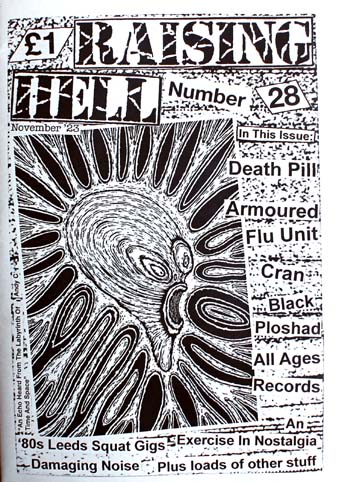John Locke – The Philosopher of Primitive Accumulation
£1.50
John Locke is the most famous philosopher born and raised in the vicinity of Bristol. He born in Wrington, Somerset about 12 miles from Bristol on August 29, 1632 and he was brought up in the market town of Pensford, about seven miles south of Bristol.
In stock
Description
John Locke is the most famous philosopher born and raised in the vicinity of Bristol. He born in Wrington, Somerset about 12 miles from Bristol on August 29, 1632 and he was brought up in the market town of Pensford, about seven miles south of Bristol.
Locke is also not only the main intellectual founder of liberalism, but also of neoliberalism, the “ruling idea” of the ruling class of today.
By George Caffentzis an associate professor in the Department of Philosophy, University of Southern Maine, USA.
No your enemy!
Locke’s views on government, are expressed in his work Two Treatises of Government. In summary, with this work, Locke defended the proposition that government rests on popular consent and rebellion is permissible when government subverts the ends (the protection of life, liberty, and property) for which it is established.
Locke’s First Treatise was a systematic and almost labored attack in detail on Sir Robert Filmer (1590-1653), and especially on Patriarcha, a work published in 1680. Patriarcha was a sustained attack in defense of divine monarchy. It seems that Locke was not so much interested in Filmer but rather was using him as a stalking horse to attack the far more powerful political teachings of Thomas Hobbes, the author of Leviathan (1651).
Locke’s Second Treatise, by far, is the more influential work. In it, he set forth his theory of natural law and natural right; in it, he shows that there does exist a rational purpose to government and one need not rely on “myth, mysticism, and mystery.” Against anarchy, Locke saw his job as one who must defend government as an institution. Locke’s object was to insist not only that the public welfare was the test of good government and the basis for properly imposing obligations on the citizens of a country; but, also, that the public welfare made government necessary.




